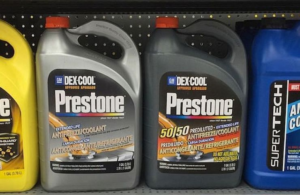Many fluids go into making your auto work. There is power steering fluid, vital for making steering easy. Your vehicle will have brake fluid to all the systems to have to stop power — oil for the transmission and engine to keep internal parts cool and lubricated. But without coolant, your vehicle’s engine wouldn’t last long.
Functions of Coolant
Coolant is a fluid that runs into your vehicle’s engine block out through hoses to the radiator. It is a fluid, with the main task of keeping your engine block at the right operating temperature. The primary function of regulating temperature is done with the other parts of the cooling system — these parts, including the radiator, fans, thermostat, and water pump. The cooled fluid will be sent straight to the inside of your engine, and when the thermostat reads that the engine is getting hot, it will open to allow fluid to flow.
Engine coolant not only needs to keep the engine cool, but it also serves as anti-freeze, which it is commonly referred to. Anti-freeze prevents the block from cracking under the pressure of being at lower than usual operating temps. It is crucial that in the winter months, your vehicle has anti-freeze in the system.
What Causes Coolant To Leak?
Coolant leaks are the most common issue for the cooling system. They can occur at any point in the system too. From a leak in the radiator to a leak at the water pump, all are significant problems that need to be addressed. Most people have experienced a leaking or bad radiator. When this happens, you’ll notice that there is a puddle of coolant from sitting, and typically the low coolant light will illuminate.
Accidents can cause a bad radiator, as well as road debris. Because the cooling system is pressurized, a leak can happen over time because of a bad seal or gasket. If you find that there is fluid collecting under your car, your car starts to overheat, or you see a low coolant light, it’s time to bring your German auto in for service.
Different Coolant Types
When talking about coolant, there are three main types a vehicle can call for. Those three types of coolant can branch off from different brands to include additives and special formulas in which the manufacturer specifies. The three main types of coolant include:
● Inorganic Additive Technology (IAT)
● Organic Acid Technology (OAT)
● Hybrid Organic Acid Technology (HOAT)
Which your car uses depends on the manufacturer as well as the age of your vehicle. Most older vehicles use IAT or inorganic additive technology. What sets IAT apart from the other two is the need to be changed on a routine basis. Because in inorganic additive technology, the chemicals will break down, causing the coolant not to work as effectively as it once did.
How To Choose The Right Coolant?
Now that you understand what coolant is, you are probably wondering how you are to select the right coolant for your vehicle. While it might seem complicated, there aren’t that many types to choose from, and your vehicle’s manufacturer will specify which you are to use. For example, BMW has its very own ‘BMW Coolant’ that is recommended for use in both its gasoline and diesel vehicles. BMW’s coolant is typically dark blue or green; versus the bright green or orange, most are used to seeing. In a pinch, off-brands, including Prestone Antifreeze/Coolant, can be used as a substitute if BMW coolant isn’t available.
While you can look online at what coolant and amount your vehicle calls explicitly for, your mechanic can also clue you in, as well as provide any coolant services your vehicle may need, such as a coolant flush.
Coolant leaks? No problem! Set up an appointment here or simply call us at (530) 305-2499. We, at Ryan GMW, are ASE certified, so you are guaranteed quality automotive services.
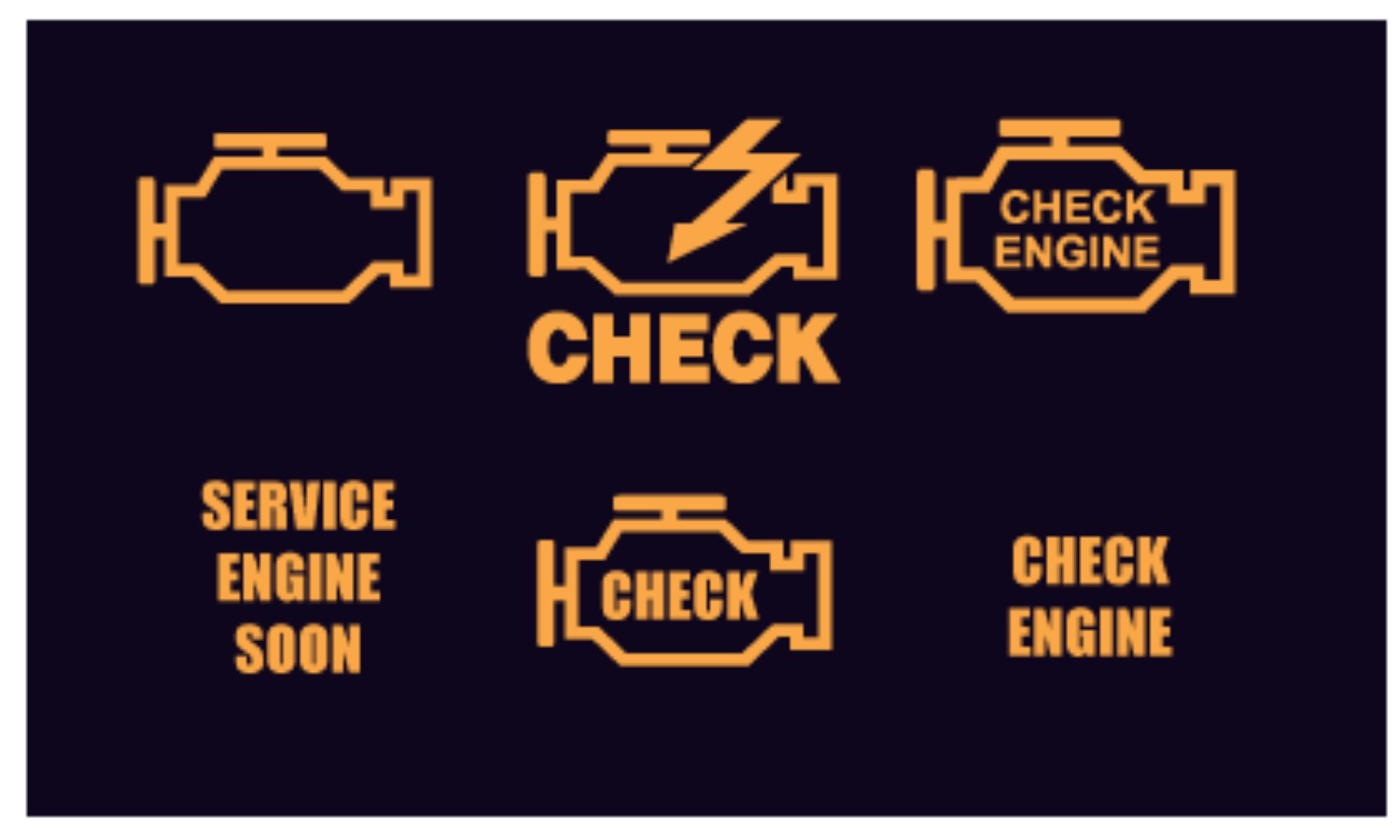
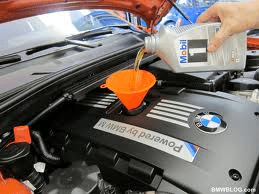 The
The 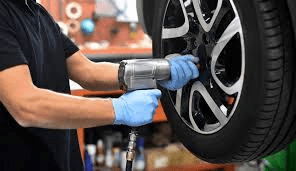 Tires need to be in optimal condition for any drive you take. Older tires or those with worn out tread can potential blowout while driving. This is a very unsafe condition. Tire rotation will move the worn tires to the non-driving axle for better durability. However, if after a tire inspection you need to have a tire replaced, you should do so before hitting the road. A tire popping while out on the road will mean costly towing service and delays. Tire rotation is a simple service that should be done periodically and is part of most manufacturers recommended routine service.
Tires need to be in optimal condition for any drive you take. Older tires or those with worn out tread can potential blowout while driving. This is a very unsafe condition. Tire rotation will move the worn tires to the non-driving axle for better durability. However, if after a tire inspection you need to have a tire replaced, you should do so before hitting the road. A tire popping while out on the road will mean costly towing service and delays. Tire rotation is a simple service that should be done periodically and is part of most manufacturers recommended routine service.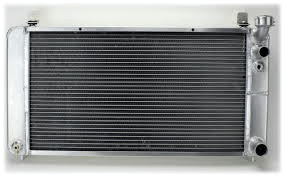 A radiator is made up of small fins and tubes that run through it. The coolant flows through the tubes, and the heat escapes through the fins. A radiator inspection can indicate if there is any damage to the exterior of the radiator or if there are any leaks.
A radiator is made up of small fins and tubes that run through it. The coolant flows through the tubes, and the heat escapes through the fins. A radiator inspection can indicate if there is any damage to the exterior of the radiator or if there are any leaks.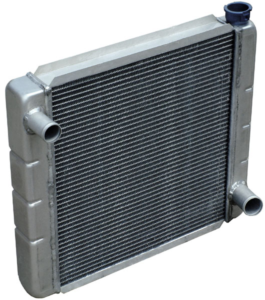 The radiator is one of the principal components of your car’s
The radiator is one of the principal components of your car’s 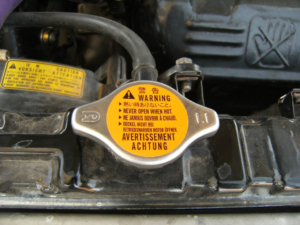 Never, Ever, is Open the Radiator Cap When Your Vehicle Hot
Never, Ever, is Open the Radiator Cap When Your Vehicle Hot